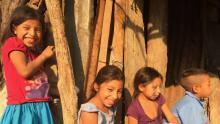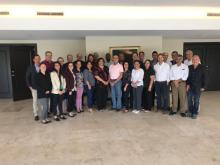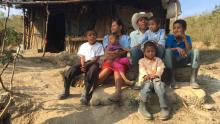Antenatal care (ANC) is an important service for improving maternal, infant, and child health. Across Central America and Mexico, high national rates of antenatal care coverage mask significant disparities among subgroups, primarily among poorly educated, lower-income, and indigenous women. This chapter presents and discusses information from the largest cross-country study conducted among poor and indigenous communities in Mesoamerica. Within these communities, 95% of women receive ANC from a skilled provider in Nicaragua, 94% in El Salvador, 84% in Honduras, 78% in Panama, 75% in Chiapas, Mexico, and 31% in Guatemala. ANC should begin in the first trimester to detect and prevent complications; in Guatemala, 20% of poor pregnant women meet this guideline, as do as many as 77% in El Salvador. ANC should be ongoing throughout pregnancy, but only 18% of poor Guatemalan women receive the recommended four visits, compared to 81% in Nicaragua. Women’s education, ethnicity, poverty, and control over fertility are associated with receiving ANC services and will require systemic, intersectoral action to make progress. Health system changes are also needed, including training providers to be respectful of indigenous patients, including their culture and language, as well as overcoming geographic and financial barriers to care. Universal ANC is possible, but reinvigorated political and financial commitments are needed to ensure accessible, inclusionary, and culturally sensitive care for marginalized populations.






